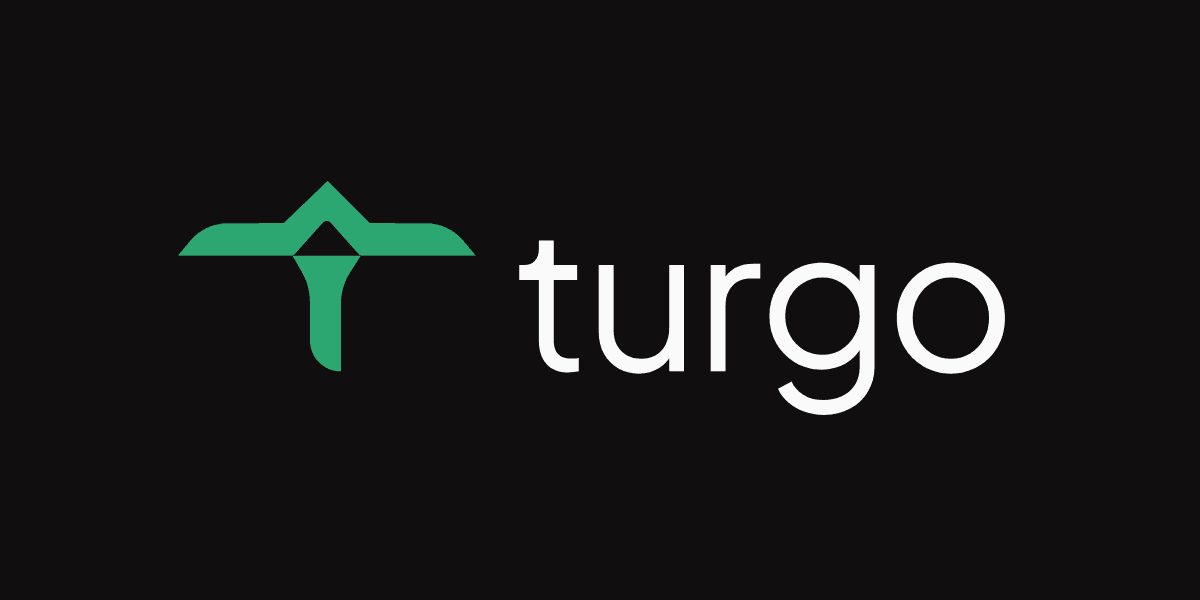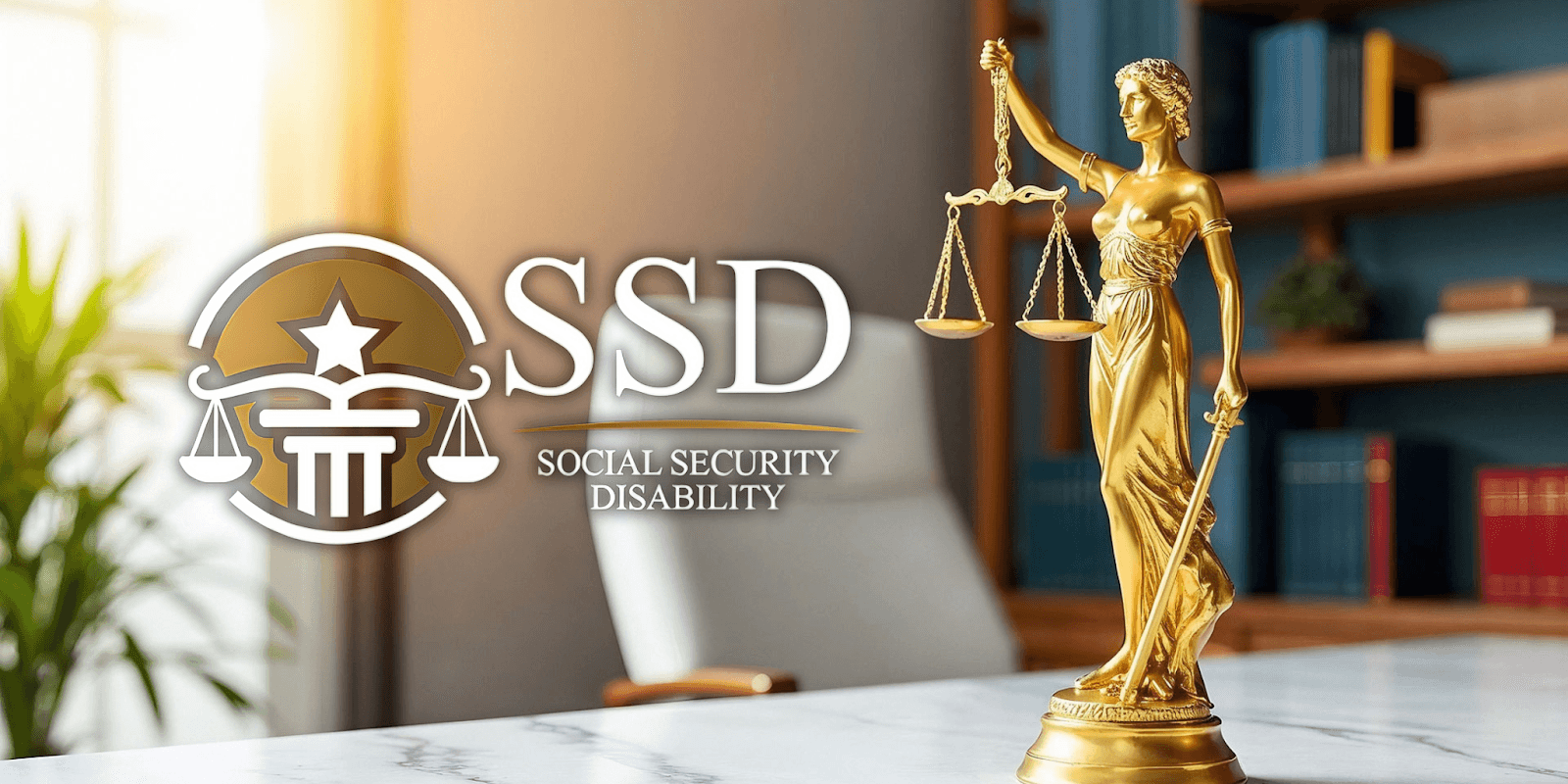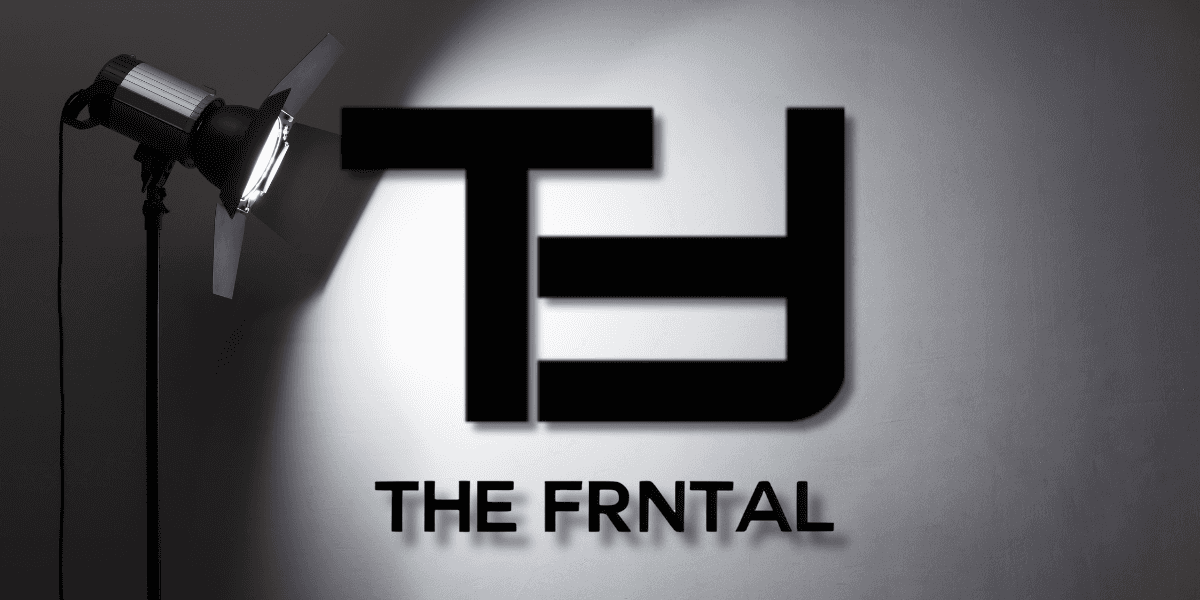newsletter
Your Daily News in Just 5 Minutes!
Featured
U.S. Consumer Confidence Falls for Second Consecutive Month in January, Raising Economic Concerns
U.S. consumer confidence declined for the second straight month in January, reflecting growing concerns about economic conditions and the job market, according to a report released Tuesday by the Conference Board. The latest data shows the consumer confidence index fell to 104.1, down from a revised 109.5 in December, marking a sharper drop than economists had projected.
Jan 28, 2024
The index, which measures both Americans’ assessment of current economic conditions and their expectations for the future, has now posted back-to-back declines after a period of relative optimism in late 2023. December’s figure was revised upward by 4.8 points, but it still represented a step down from November’s stronger reading.
Signs of Weaker Consumer Outlook
A significant decline in consumers’ perception of present economic conditions contributed to January’s lower confidence reading. The Conference Board’s measure of current conditions plummeted by 9.7 points to 134.3, while consumer views on the labor market weakened for the first time since September.
Looking ahead, expectations for income, business conditions, and employment over the next six months also fell, dropping 2.6 points to 83.9. A reading below 80 is often viewed as a warning sign of a potential recession. Despite this downturn in sentiment, the proportion of Americans expecting an economic recession in the next 12 months remained stable, staying at the lower end of the historical range.
Spending Strength Holds, but Debt Burdens Mount
Despite declining confidence, consumer spending has remained relatively strong, particularly during the holiday shopping season. Retail sales rose 0.4% in December, and major retailers reported steady foot traffic and spending levels despite high borrowing costs.
Economic growth has also been resilient. The U.S. economy expanded at a 3.1% annual rate in the third quarter of 2024, marking one of the strongest stretches of growth since the COVID-19 recession in 2020. Gross domestic product (GDP) has now exceeded 2% growth in eight of the last nine quarters, fueled largely by consumer spending and increased exports.
However, there are signs that mounting debt may be catching up with consumers. The Federal Reserve Bank of Philadelphia recently reported rising credit card balances and delinquencies, with the percentage of cardholders making only the minimum payment reaching a 12-year high. This could indicate growing financial strain for households in the face of higher interest rates and elevated inflation.
Uncertainty Looms as Economic Pressures Mount
While consumer spending remains a key driver of economic growth, the latest data suggests that Americans are becoming more cautious about their financial futures. The number of respondents in the Conference Board’s survey who said they plan to purchase big-ticket items—such as homes, cars, and major appliances—declined slightly from December, signaling potential cooling in discretionary spending.
With consumer spending making up roughly two-thirds of U.S. economic activity, economists will be closely monitoring whether confidence rebounds in the coming months or if Americans begin to pull back on spending, potentially slowing overall economic momentum.
As the Federal Reserve weighs future interest rate decisions and businesses navigate shifting consumer behavior, the coming months will be crucial in determining whether this dip in confidence translates into broader economic headwinds.
Related blogs
Related blogs
Copyright 2025 USA NEWS all rights reserved
newsletter
Get daily news directly in your inbox!
Copyright 2025 USA NEWS all rights reserved
newsletter
Get daily news directly in your inbox!
Copyright 2025 USA NEWS all rights reserved
Copyright 2025 USA NEWS all rights reserved














